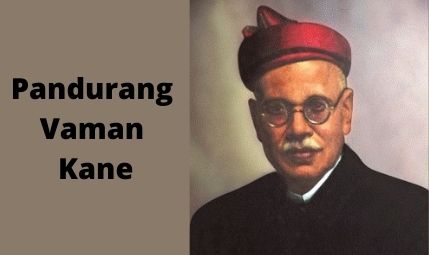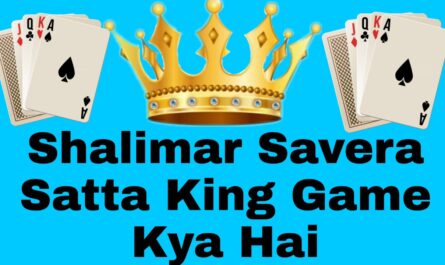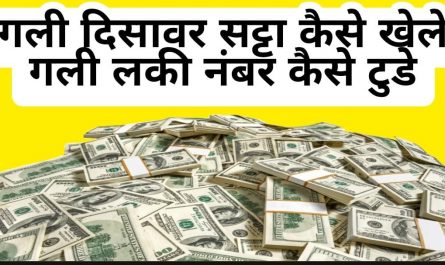Pandurang Vaman Kane was born in 1867 in a small village near Paithan, Maharashtra. He was the son of a poet and he decided that he would follow in his father’s footsteps. He received his first lessons from him alongside his older brothers who were poets themselves.
Kane began to write poems at the age of ten and would continue to do so until the day he died in 1927 at the age of fifty-four. There is no record on how many books Kane wrote but it has been estimated that in total. There are more than twelve thousand poems attributed to him.
About Pandurang Vaman Kane
The name Pandurang Vaman Kane is a surname. The writer’s name is Pandurang and the titles of his poems are Kaviraj and Aadilaksh. The writer was born on 1st April 1867 at Paithan in the Diksha taluka of the Pune district. As a poet, he is known to have written about 12000 poems which have been published in more than 5500 books and journals. His major accomplishment was that he had made Marathi as a language fit for poetry and has created a unique style.
Life of Vaman Kane
Birth of Vaman Kane
On 1st April 1867, Pandurang Vaman Kane was born in a village called Derhavati of the Paithan Taluka of the Pune District. He belonged to a family of poets and he followed in his father’s footsteps, becoming a poet himself. His mother died when he was six years old but his father Baji Sahu helped him get an apprenticeship with the famous poet Venkoba Rao Deshmukh and Keshavrao Patwardhan at Alandi. His brother Bharatbha Bhandarkar was also a poet.
Kane received his first lessons from them alongside his older brothers who were poets themselves.
Education of Pandurang Vaman Kane
Kane began to write poems at the age of ten and would continue to do so until the day he died in 1927 at the age of fifty-four. He never went to school since his family was poor but he could speak and read Marathi, Sanskrit, Hindi and English. He had a basic understanding of Geeta, Upnishads and Dharma Gita.
Kane had selected Marathi as medium for poetry although he also knew Sanskrit and other languages well enough. His first vachana or verse under this medium carried the title “samara buddhi” which he wrote on 1st October 1888 while staying in Alandi with his teacher Deshmukh.
Personal life of Vaman Kane
Kane married in 1899 and had two daughters named Hansa and Indira. He served as an officer in the Education Department of Bombay but his wife died when she was only twenty-six years old. In 1916, he married again to a widow by the name of Apala. Who was the daughter of a very popular Marathi poet that time Keshavasuta Baburao Thombre. Kane had two sons with her, named Ganesh and Jayant.
Vaman Kane career
Kane had joined the Education department in Bombay as an assistant teacher but moved to Pune where he became the headmaster of a primary school. He also gained fame for being the editor of “Kavita”, a magazine of poetry and literature. He was awarded his first Gyanpadshree award for his book “Tukaramache Bharata”. Later on he received several other awards from various institutions like Mitra Mandal, Govt. of Bombay and others too.
Kane had always traveled extensively to meet his patrons and admirers across Maharashtra since he was very popular with them. Kane’s poems have been translated in several Indian languages, including English and Sindhi.
Kane books
Kane took pride in the fact that he had written in Marathi as a language fit for poetry and he had created a unique style. There is no record on how many books Kane wrote but it has been estimated that in total there are more than twelve thousand poems attributed to him.
Kane’s style of writing
Kane took pride in the fact that he had written in Marathi as a language fit for poetry and he had created a unique style. His poems were full of satire, humor and social criticism (with subtle sarcasm).
Indian law
It is said that Kane was responsible for introducing the Indian law. That required a writer to mention his real name while publishing any book or article. Before this law was enforced, writers would use pen names.
Nagpur
During the 1920s and 1930s, Kane was an active member of the Marathi Sahitya Sammelan being held in Nagpur every year. He had also presided over it once. He died on 29th January 1927 due to meningitis and was cremated at Pune’s Yerwada jail. Where many famous freedom fighters like Mahatma Gandhi and others were imprisoned during British rule.
Awards and Honors
Kane had received his first Gyanpadshree award for his book “Tukaramache Bharata”. Later on he received several other awards from various institutions like Mitra Mandal, Govt. of Bombay and others too. He also received Bharat ratna in 1963
Death and Legacy of Vaman Kane
Pandurang Vaman Kane died in 1927 at the age of fifty-four. After the death of Kane, many people from across Maharashtra started a tradition of observing an annual death anniversary (ayam-smaran) for him which continues to be observed till today. His name day is observed on the seventh day of Ashada (June-July).




